Strengthening the Project’s Foundation with Feedstock Planning

Turning an idea into an efficient anaerobic digester can be challenging with unexpected turnouts. Assumptions made during the evaluation of an opportunity can yield an overestimation of your site’s profitability, or even worse, your potential production. Throughout our experience evaluating projects across North America, we have found that assumptions around feedstock quality and availability can significantly impact the feasibility of a project. In this article, we will simulate a baseline project to quantify feedstock changes’ impact on a project. The baseline project has the following considerations:
- Gas production of 303,000 MMBtu
- -20 CI Score
- An EBITDA of $2,640,422
- An IRR of 18.6%
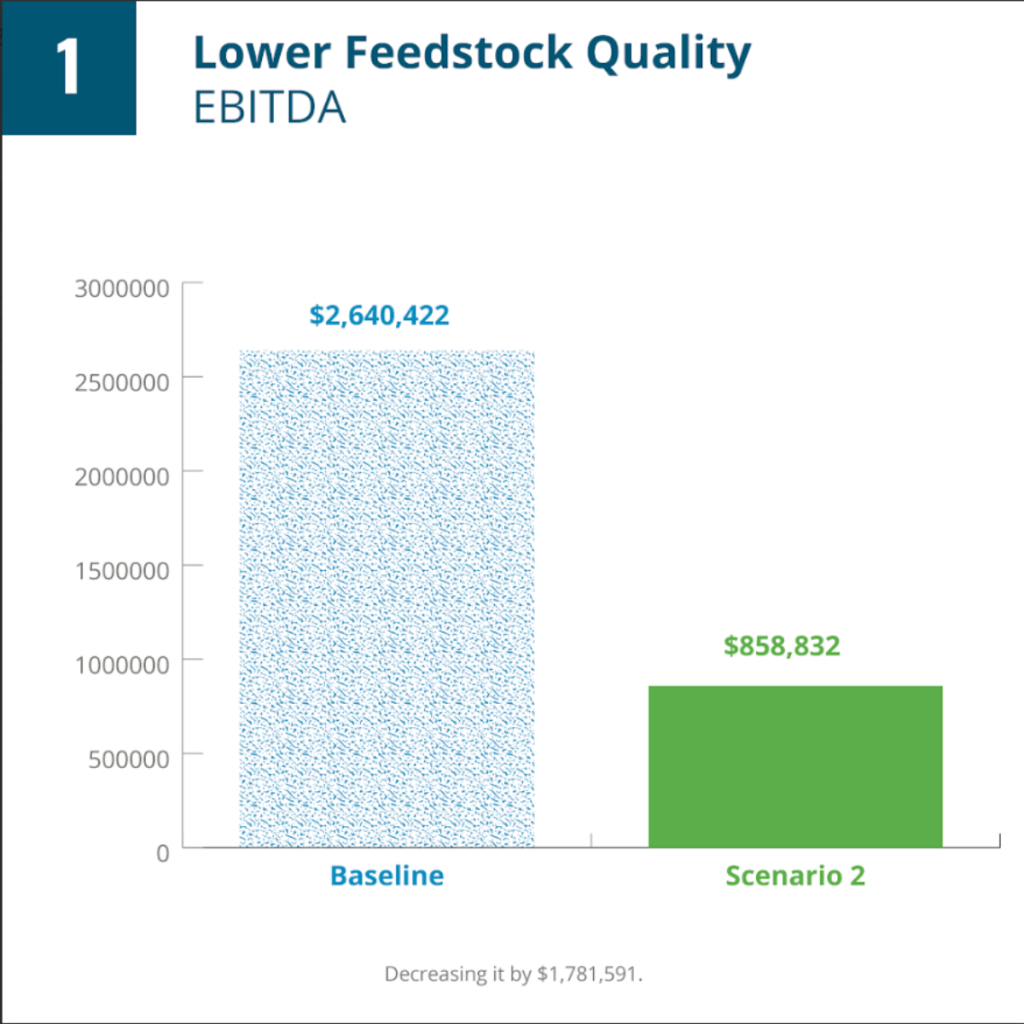
Changes in feedstock quality have one of the largest impacts on a project’s profitability and performance. These can take many shapes and forms, from not accounting for qualitative changes due to seasonality, the loss of volatile solids during the transportation of feedstock, variation caused by pre-treatment or changes in the feedstock recipe as a whole that lead the full recipe to perform at levels lower than what was originally expected. In our baseline project, we found these changes impacted the project’s financials in the following manner:
- Changes EBITDA to $858,832 (decreasing it by $1,781,591)
- Changes the IRR to -5.1% (reduced by -23.8%)
Another common pitfall is not securing your sources of feedstock with a long-term vision in mind. Losing a feedstock or multiple can compromise your project’s success since it invalidates many assumptions made during the project evaluation that was conducted with the availability of this feedstock in mind. Not establishing your operational feedstock recipe during the evaluation phase can lead to underutilizing your resources and not taking advantage of the full potential of what your site could produce. In our baseline project, we observed the following variation:
- Changes EBITDA to $2,244,359 (decreasing it by $396,063)
- Changes the IRR to 14.2% (reduced by -4.4%)
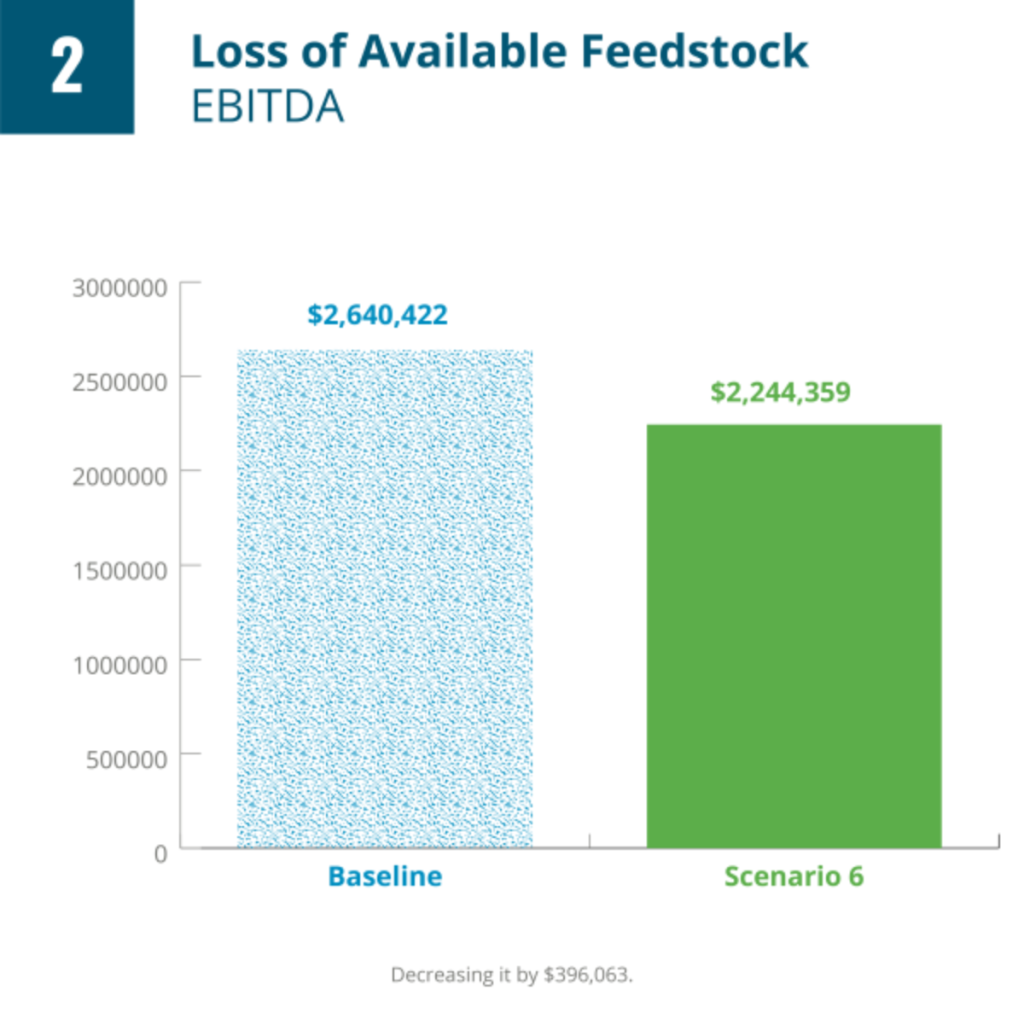
Taking the time to proactively conduct a feedstock recipe optimization can help you save time and money as you transition from planning to operations. Furthermore, these optimized recipes provide you with a virtual sandbox where you can explore and visualize the impact that variation around your project’s source material can have on your overall performance and future success.
For more information and biogas projects, read BiogasWorld’s US Biogas Magazine.
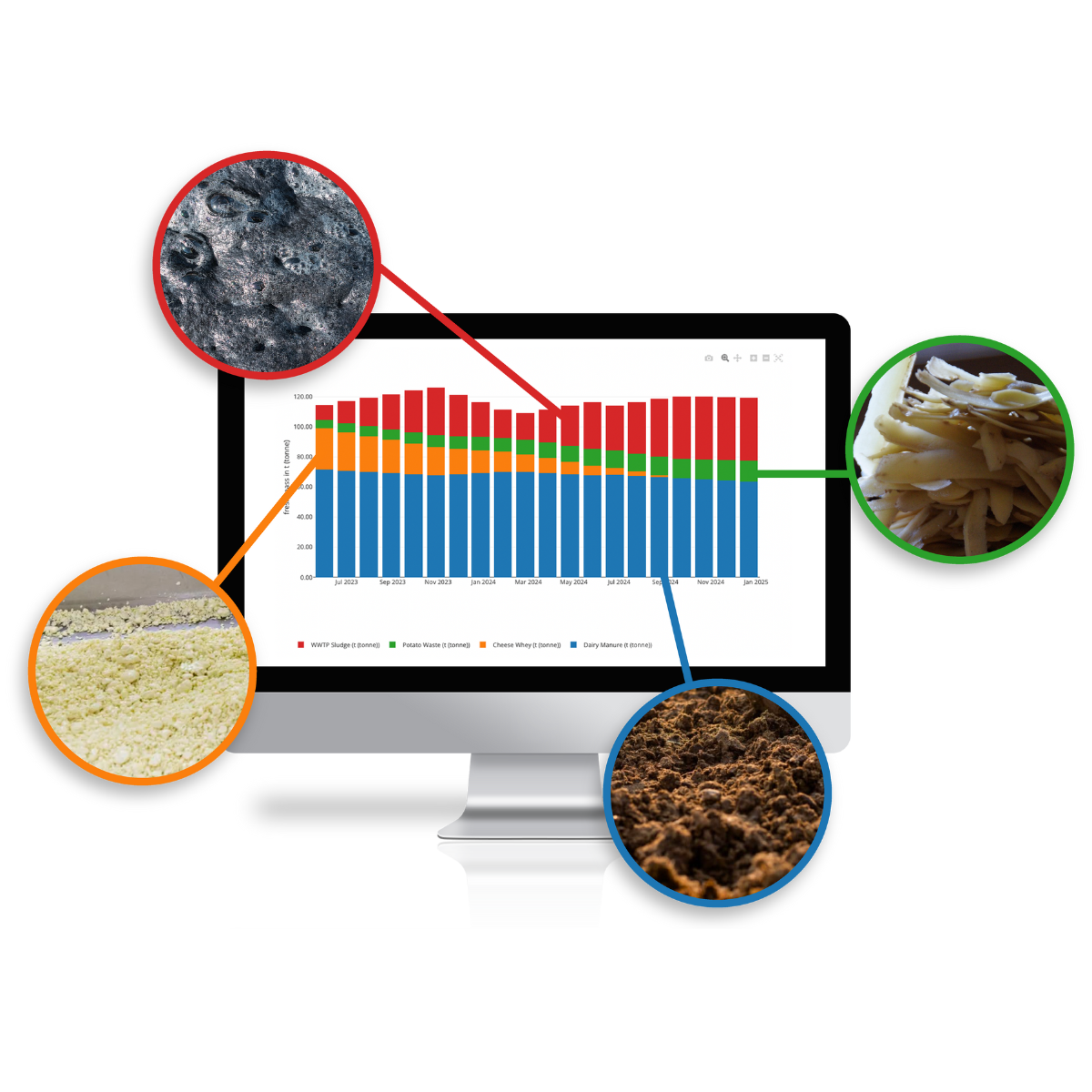


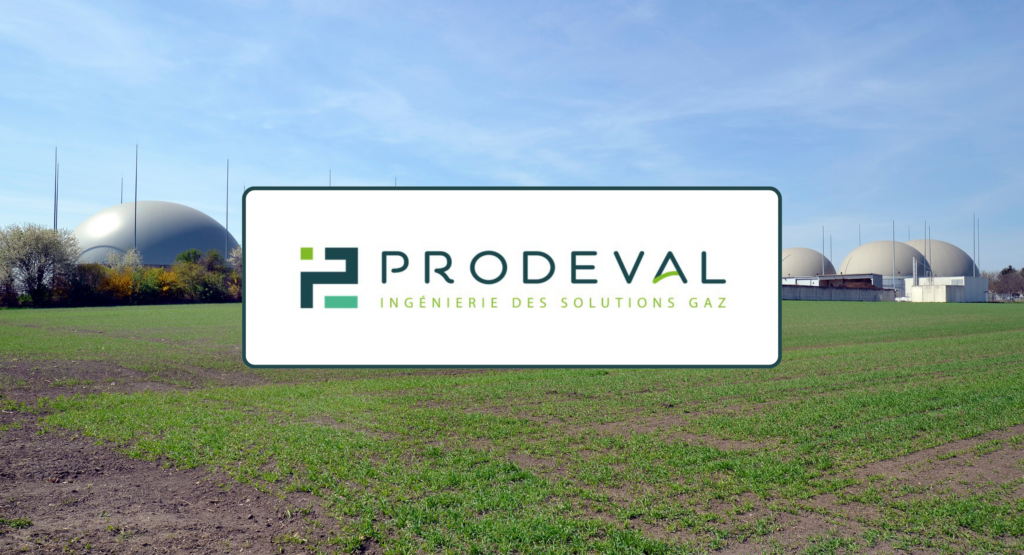

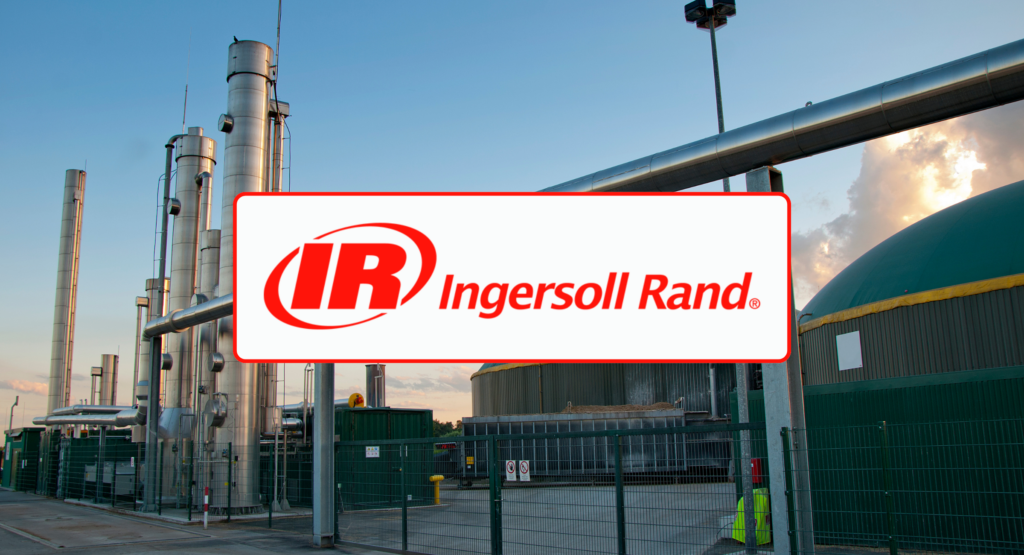
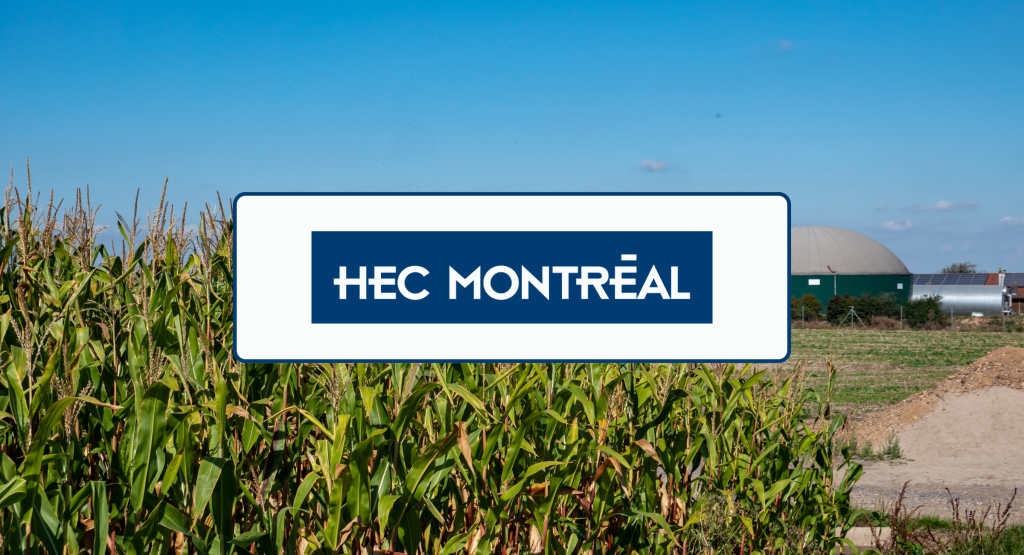
Comments